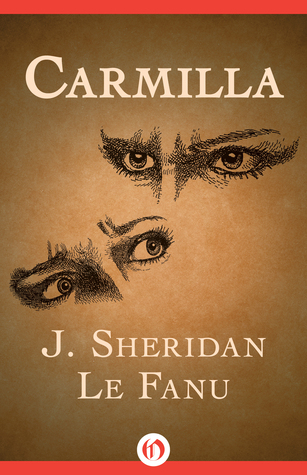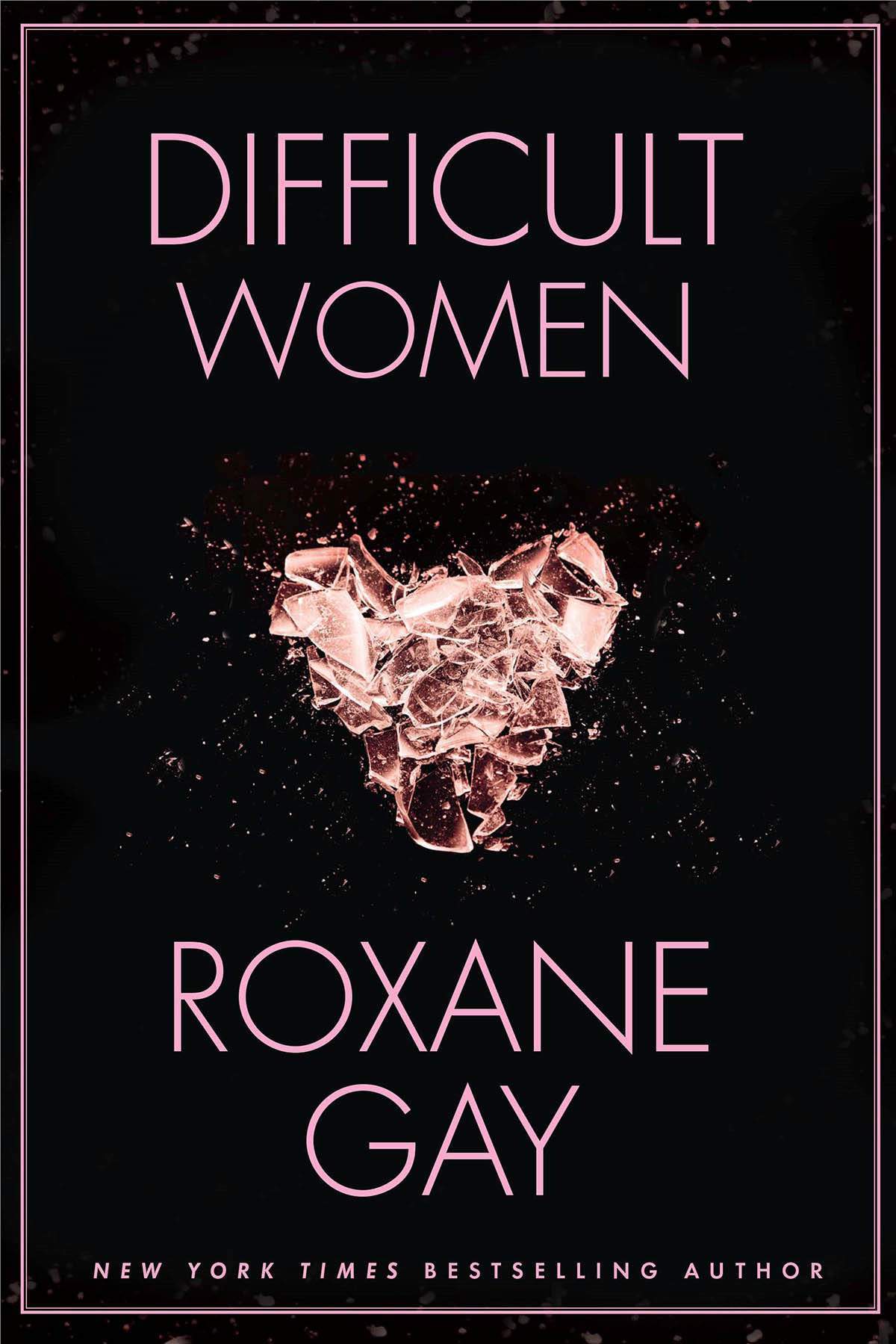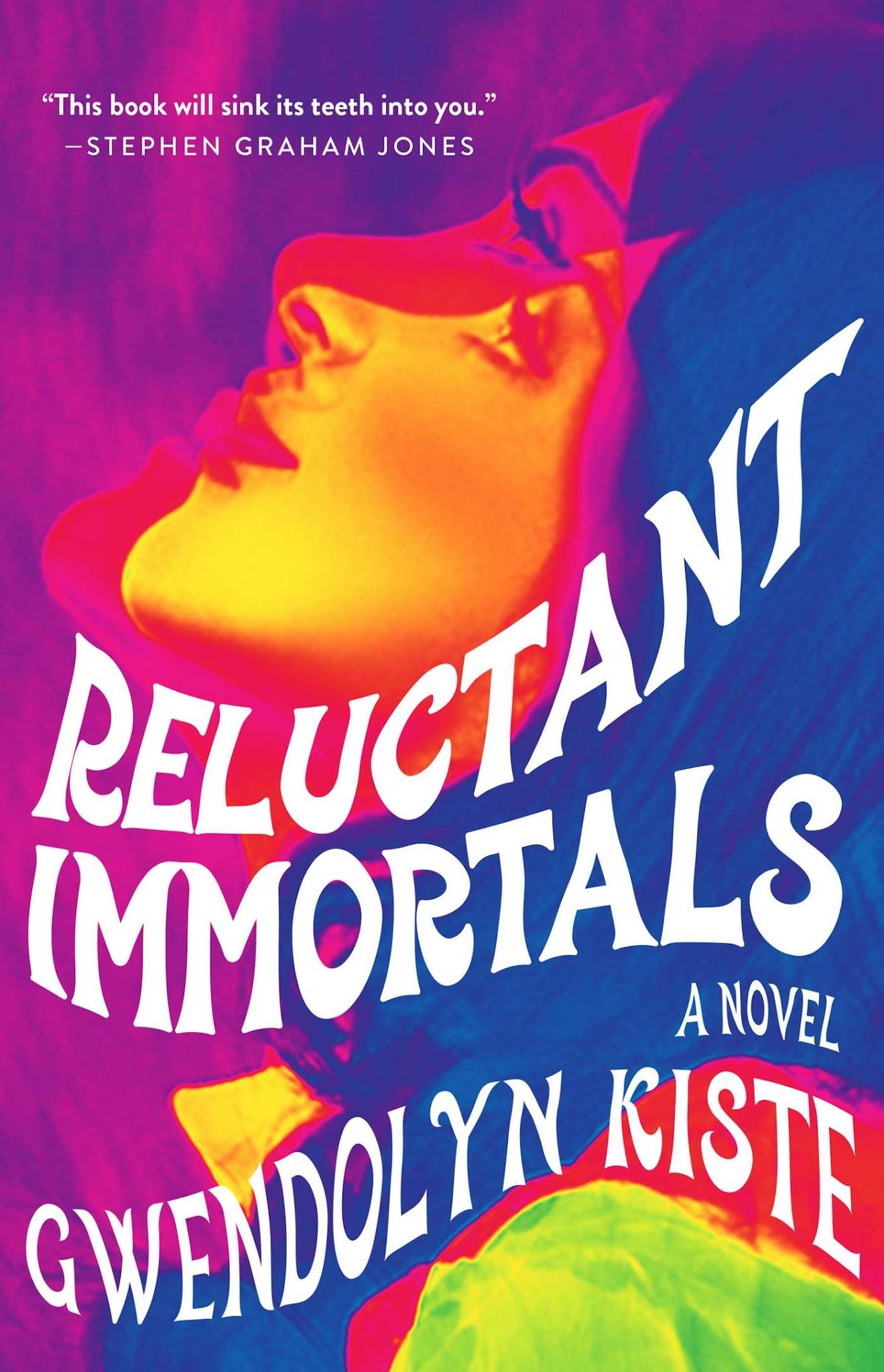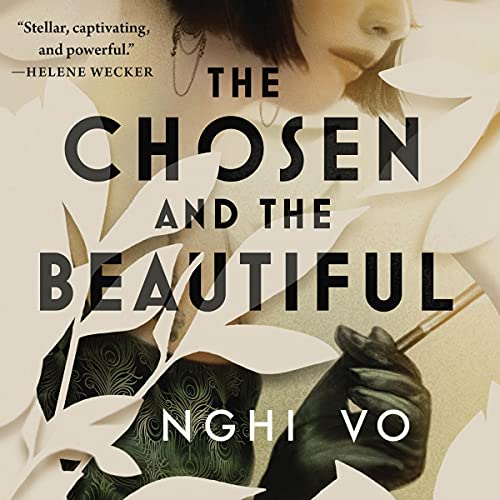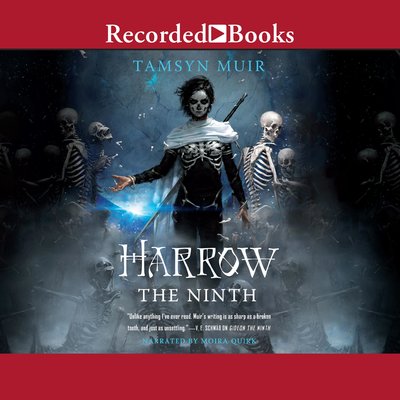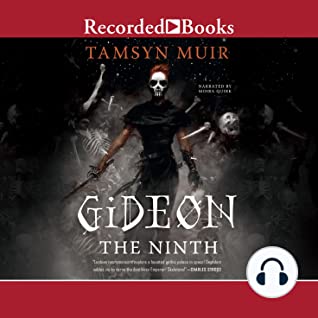Bookshop.org Affiliate Link A young girl, Laura, becomes haunted by a figure in a dream that preys on her. Ten years later, that girl, Carmilla, shows up at her home and claims to know her from the dream as well. They become fast friends, but Carmilla holds a dark secret: she is a vampire whoRead More
A Celebration of Unlikable Women: Difficult Women by Roxane Gay
Bookshop.org Affiliate Link This is a fascinating collection of stories about messy, flawed people. This book definitely challenged me to think about how I “relate” to characters that are not meant to be particularly good people. Specifically, women who aren’t written as likable. The women in these stories aren’t broken down into simple saints andRead More
A Bisexual Historical Horror Retelling: Reluctant Immortals by Gwendolyn Kiste
Bookshop.org Affiliate Link This is a fascinating story about the trauma inflicted on women by violent men. It’s told from the point of view of women in classic novels who were tossed to the side by literary history: Lucy from Dracula and Bertha, a.k.a. the Mad Woman in the Attic, from Jane Eyre. Lucy and Bee enjoy theirRead More
What is “Queer Enough?”: Greedy: Notes from a Bisexual Who Wants Too Much by Jen Winston
Amazon Affiliate Link | Bookshop.org Affiliate Link In their book of essays, Jen Winston (she/they) covers various topics about her bisexual experience, from the adoption of random behaviors as “bisexual culture” out of a desperation to be seen to the grief of friendships evolving when your best friend becomes a “we.” Winston talks through internalizedRead More
A Bisexual, Magical, Asian American Take on Gatsby: The Chosen and the Beautiful by Nghi Vo, Narrated by Natalie Naudus
Amazon Affiliate Link | Bookshop.org Affiliate Link In this retelling of The Great Gatsby, Jordan Baker narrates the story from the perspective of a queer, Asian woman adopted by a white couple. Although she runs in elite circles with Daisy and Tom, she is treated as an exotic pet, left on the outside even whenRead More
Meagan Kimberly reviews Harrow the Ninth by Tamsyn Muir
Amazon Affiliate Link | Bookshop.org Affiliate Link In the second of the Locked Tomb series by Tamsyn Muir, we follow the story of Harrow. But this isn’t the same Harrow from Gideon the Ninth. It seems like this is a Harrow from an alternate timeline and the original Harrow died. Except not really. However, thereRead More
Meagan Kimberly reviews Make You Mine This Christmas by Lizzie Huxley-Jones
Christopher and Haf meet at a university Christmas party one night and after drunkenly kissing under the mistletoe, they’re mistaken for a couple. Rather than own up to the truth that they were simply strangers making out at a party, they go along with the idea. Haf agrees to fake date Christopher during the breakRead More
Meagan Kimberly reviews White is for Witching by Helen Oyeyemi
Amazon Affiliate Link | Bookshop.org Affiliate Link It’s hard to summarize Helen Oyeyemi’s White is for Witching, as this is a novel less with plot and more with vibes. But to the best of my ability, a young girl, Miranda, develops an eating disorder called pica, where she eats and hungers for things that areRead More
Meagan Kimberly reviews Gideon the Ninth by Tamsyn Muir
Amazon Affiliate Link | Bookshop.org Affiliate Link Ready to cut loose from her life serving the Ninth House and a doomed future, Gideon makes plans to escape the planet, but Harrow has other plans for her. Harrow has been summoned by the Emperor to engage in a trial of necromantic skills and intellect. If eitherRead More
Meagan Kimberly reviews A Lot Like Adiós by Alexis Daria
Amazon Affiliate Link | Bookshop.org Affiliate Link Gabe and Michelle had been best friends since childhood. As they grew into teenagers, their feelings took a turn toward romantic, but before they did anything about it, Gabe left. Over 10 years later, Michelle works as a freelance marketing specialist in the Bronx and Gabe owns aRead More
- « Previous Page
- 1
- 2
- 3
- 4
- …
- 6
- Next Page »
